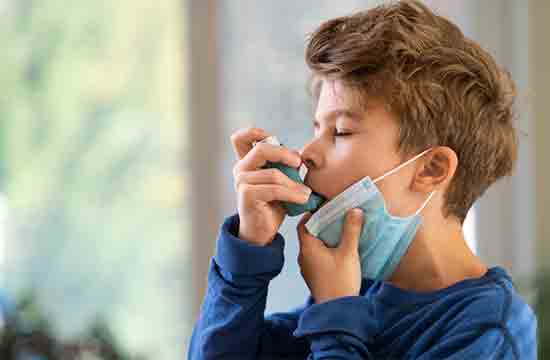The best way to stop anxiety breathing problems is to take deep breaths using the diaphragm’s full capacity while counting slowly. This technique will help you not only calm down but also improve your concentration and awareness. Breathing properly can help you feel less anxious because it slows your heart rate, decreases muscle tension, and increases oxygen in the blood.
Scientists and researchers around the world have greatly examined the significance of breathing when it comes to anxiety. Sighing, rapid breathing, and hyperventilation are behaviors related to anxiety triggered by panic attacks and lower levels of stress. As we grow up the way, we breathe changes and becomes less efficient, and we start to hyperventilate or sigh more often because we no longer use the diaphragm fully.
Breathing issues

Therefore, anxiety breathing problems can become a self-perpetuating cycle; if we take quick, shallow breaths, we may feel even more anxious than before, which makes us breathe even faster. Although some people may feel that they are not under any stress or do not sigh or hyperventilate, airphysio prezzo you should still make an effort to become aware of your breathing patterns.
Unfortunately, there is no magic pill to stop anxiety-related breathing problems; it takes time and patience. If practiced regularly, the following techniques can help you have better control of your breathing.
Techniques to Reduce Anxiety
Step1 : Exhale through the mouth slowly. Count up to 4 while exhaling. Then inhale through the nose for a count of 4.
Step2 : Place one hand on your stomach and another on your chest while doing breathing exercises; this will give you some feedback regarding where the air goes.
Step3 : Place your hands on your stomach and try to force the air out, trying to exhale for twice as long than you would normally.
Step4: Sit or lie down in a quiet place with closed eyes. Focus on breathing slowly through your nose using your diaphragm (the muscle under the lungs). Exhale slowly and completely until all the air is out.
Step5 : If you feel that your breathing is becoming faster or irregular, try to change this by focusing on other things such as sounds around you or objects in front of you.
When we start paying attention to how we breathe while having anxiety problems, we soon realize that our breaths are shallow and fast because we are often not aware of breathing at all. So the first step to take is to become more conscious about your breathing pattern and make an effort to slow it down.
Conclusion:
From reading the article above, I can assure you that breathing problems caused by anxiety can certainly be said. Please feel free to check out some of our other articles for your anxiety if you enjoyed them. We also have a blog that you can check out. Whatever the case, we hope you enjoyed this article.
